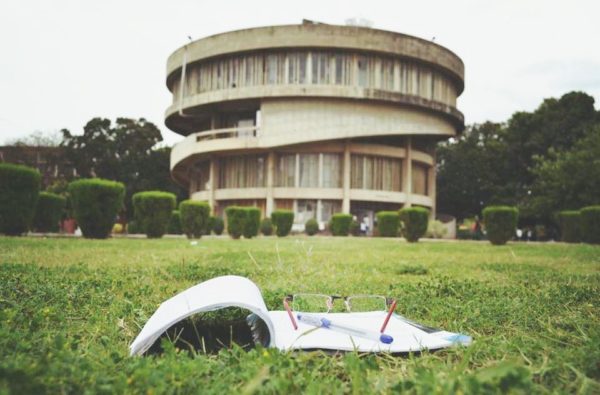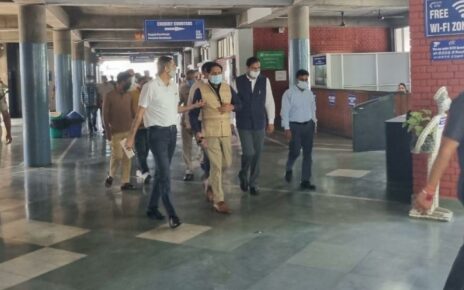Chandigarh
The committee, formed in the light of the recent molestation incident at Botanical Garden of Panjab University, has decided to commit to long-term solutions for making the campus a safe space for women.
Beyond deciding to invest in more man power in terms of security personnel and more CCTV cameras around the lonesome corners of the university, the committee has decided to carry out a safety audit on the campus and introduce regular workshops to engage with men and sensitise them on gender and sexual harassment.
“I always promote people to engage with the men, speak to the law breakers,” says Pam Rajput, former Chairman of the Centre cum Department of Women Studies at PU, and the unofficial chairperson of the committee. Although the committee’s official chairperson is registrar Karamjit Singh, the registrar said that he had handed over the reins to Rajput since she had more expertise on the matter.
“There were various decisions made by the committee members which will be eventually implemented. Apart from Professor Rajput, our Chief Security Officer Ashwani Kaul was also involved with the proceedings of the meeting,” adds Singh.
The university decided to fortify its security by hiring 12 gunmen and 238 more security personnel. These measures, including hiring more security, installing more CCTV cameras and conducting a safety audit, were also approved during the budget discussion in the last Senate meeting.
Rajput worries that if these security persons are hired on contractual basis, there will be no guarantee of their loyalty and commitment towards the campus and its residents. “Someone directly employed by the university will become a stakeholder, personally invested in carrying out his duties meticulously. This might not be the case with someone who is new to the place,” says Rajput.
The safety audit, which will begin with the new year, will be conducted through a survey of physical spaces and a questionnaire which will be distributed to women scholars, researchers and students on the campus along with a segment of the male student population. The committee is yet to formulate the questionnaire, and will be seeking the assistance of research students on campus to complete the process of distributing them and compiling responses.
“Only after the recommendations are made on the basis of the safety audit, can we implement more concrete measures regarding safe spaces on campus,” says Karamjit Singh.
However, safety recommendations have also been made earlier by the university’s Committee Against Sexual Harassment (CASH), after a similar incident occurred in the Botanical Garden last year. “We had asked them to increase CCTV coverage, employ a full time security guard and register the name of visitors at the garden, but nothing was implemented,” says Ameer Sultana, convener of CASH.
A Panjab University student, who wishes to remain anonymous, says, “Things will never be done at an efficient pace when it comes to women’s safety on campus. This sensitivity will only exist when more women are in power, in administrative positions or even the senate,” says a source who wishes to remain anonymous. “Men in power do not have the sensitivity to understand the urgency of the issue.”




